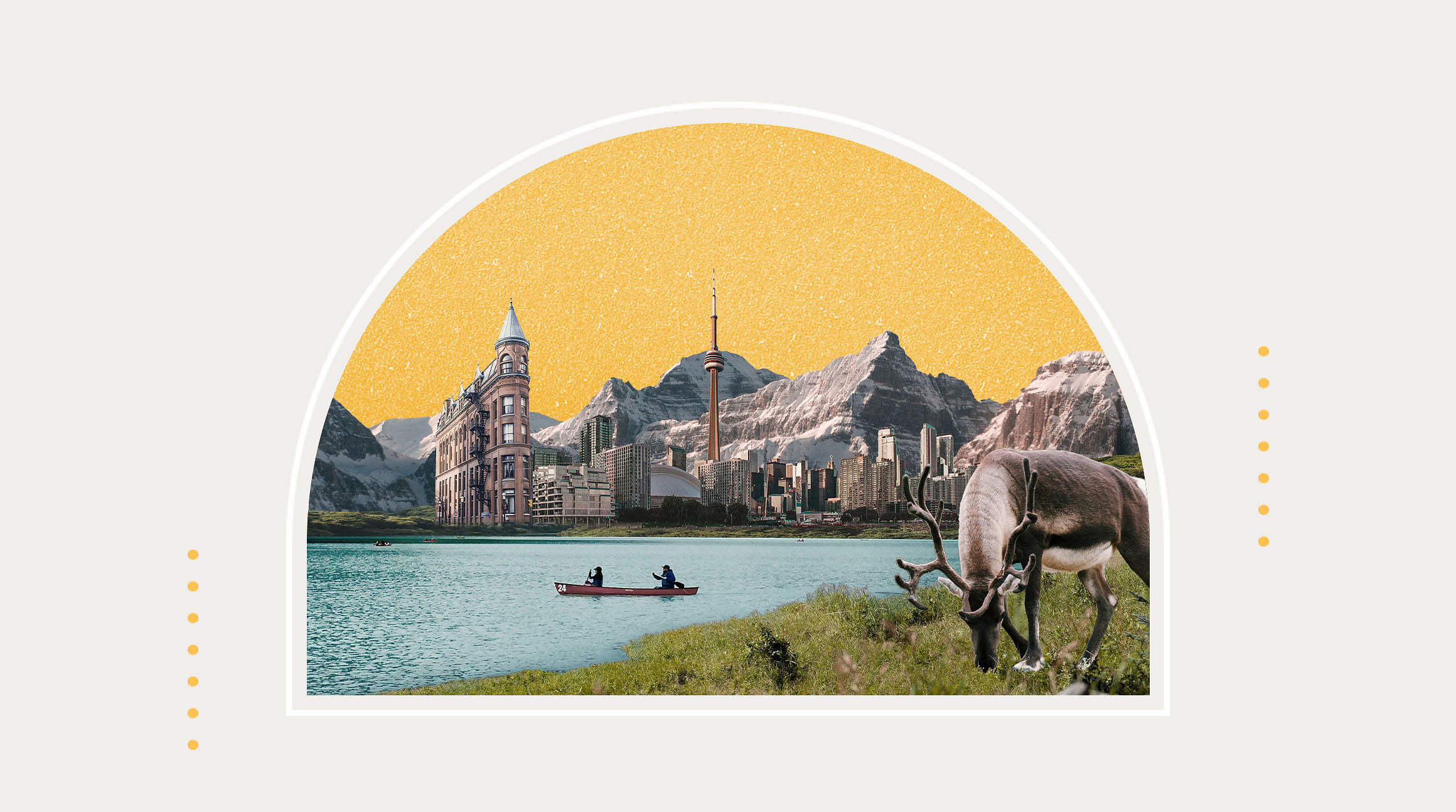
Canada, the land of maple syrup, stunning landscapes, and famously polite citizens, holds a treasure trove of fascinating facts. From its unique wildlife to its diverse cultural influences, Canada never fails to captivate and surprise. Let's dive into 20 fun facts about Canada and uncover what makes it truly special.
1. Canada is the second-largest country in the world.
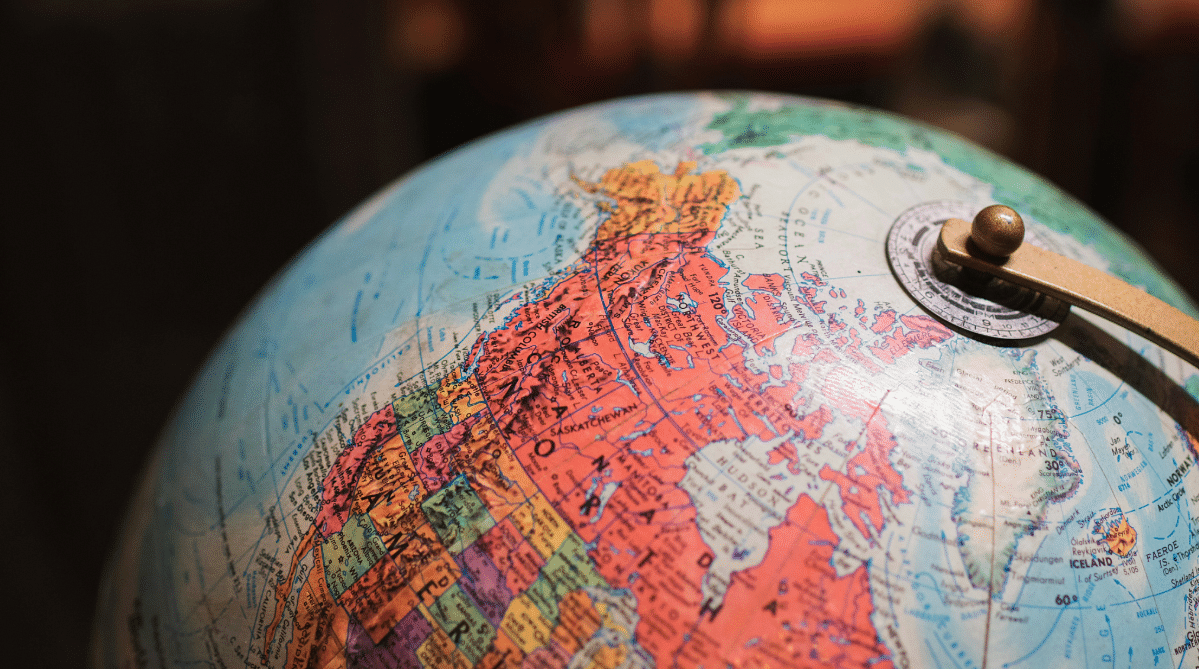 Canada is a large country with a lot to explore, Photo by Greg Rosenke from Unsplash
Canada is a large country with a lot to explore, Photo by Greg Rosenke from Unsplash
Covering an expansive area of approximately 9.98 million square kilometers (3.85 million square miles), Canada is the second-largest country in the world, surpassed only by Russia.
2. One of the longest highways in the world is in Canada.
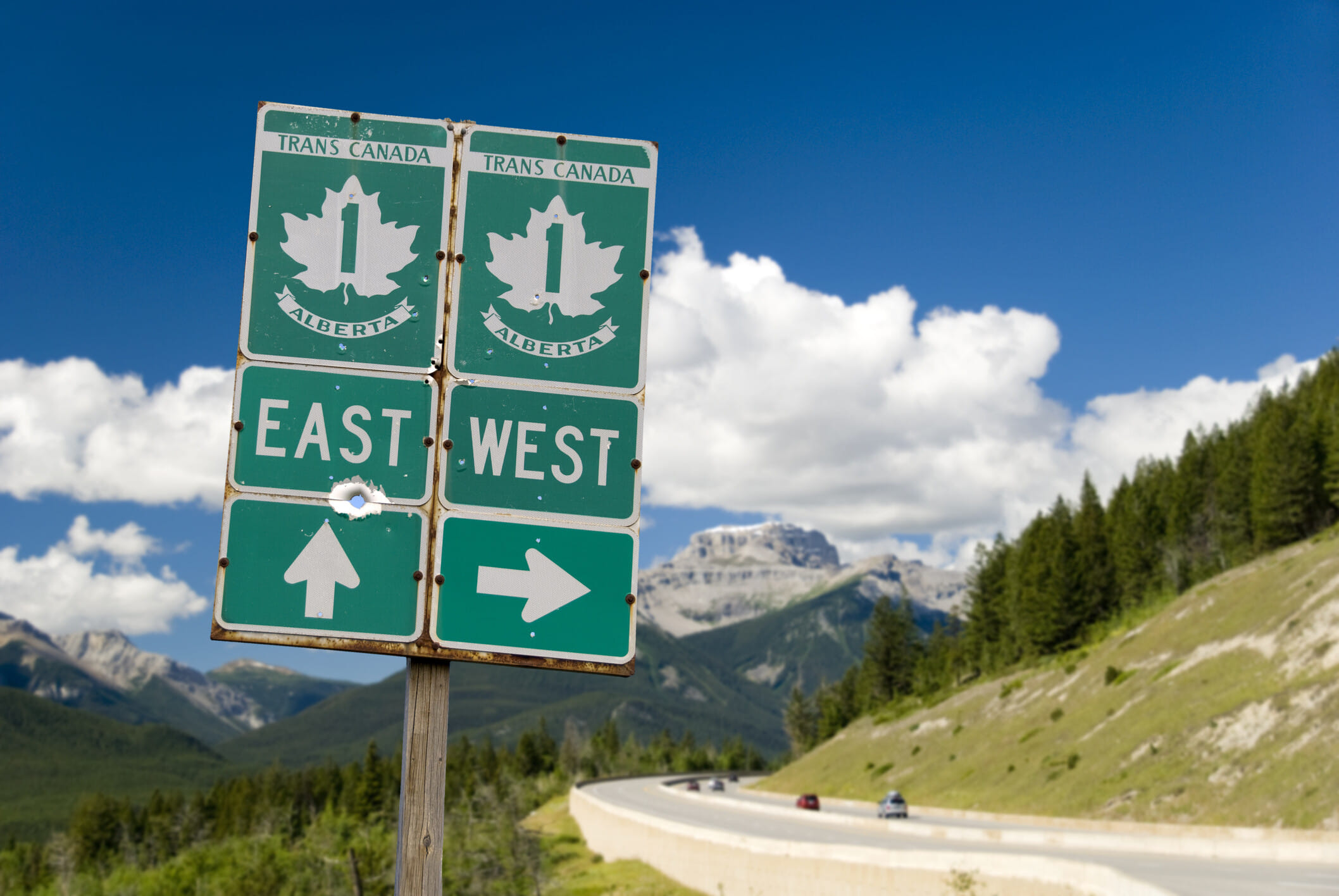 Drive around Canada, Photo by FrankvandenBergh from iStock
Drive around Canada, Photo by FrankvandenBergh from iStock
Spanning over 7,800 kilometers (4,860 miles), the Trans-Canada Highway is one of the longest national highways in the world. Stretching from the Pacific to the Atlantic coast, this iconic roadway traverses diverse landscapes, from rugged mountains to rolling prairies.
3. Canada is a bilingual country.
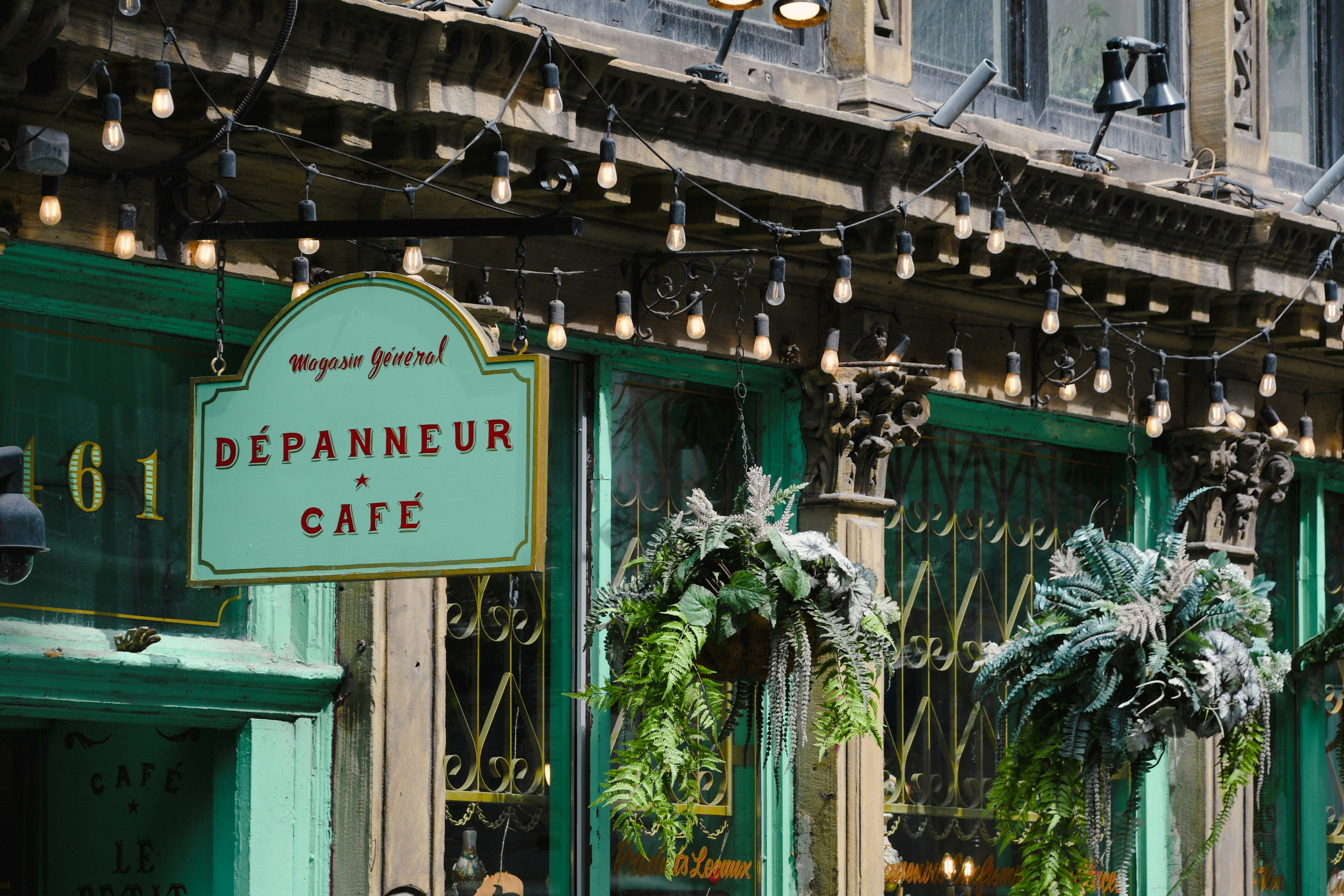 Speak English and French in Quebec, Photo by Andrew Gaz from Unsplash
Speak English and French in Quebec, Photo by Andrew Gaz from Unsplash
Canada is officially recognized as a bilingual country, with both English and French designated as its two official languages. English is spoken in most provinces and territories, and French in Quebec and parts of Ontario, New Brunswick, and Manitoba.
4. Churchill, Manitoba, is the "Polar Bear Capital of the World."
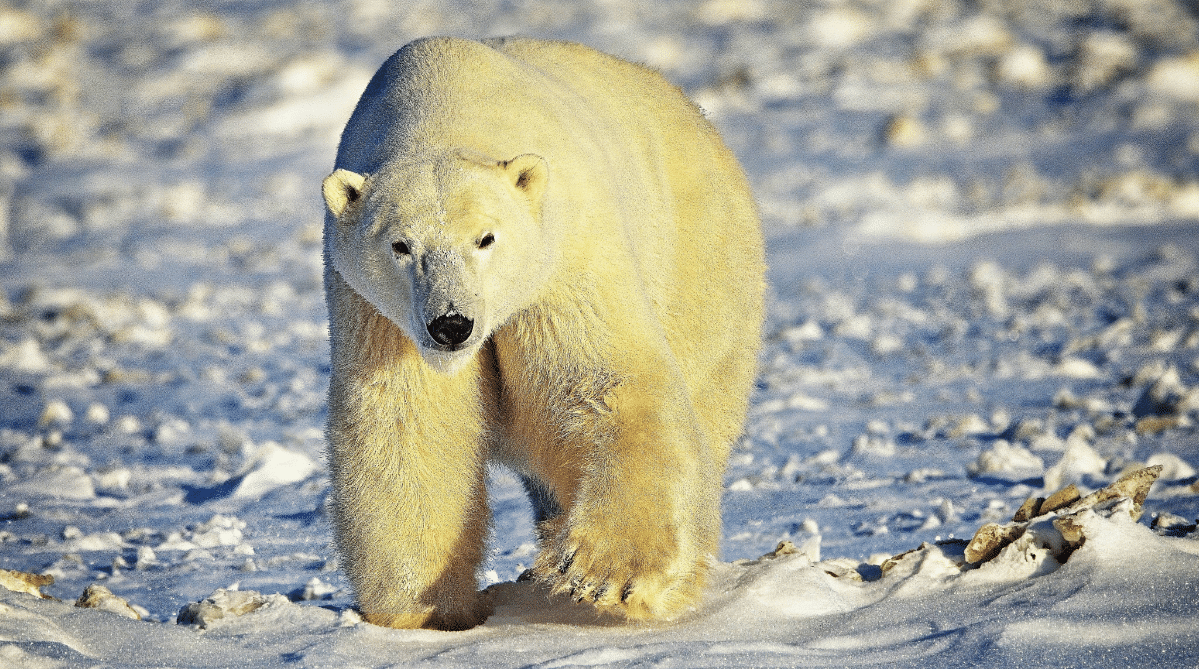 Discover the town of polar bears, Photo by Robert Sachowski from Unsplash
Discover the town of polar bears, Photo by Robert Sachowski from Unsplash
Situated on the shores of Hudson Bay, this remote town becomes a hub of activity every autumn as polar bears migrate through the area, waiting for the bay to freeze so they can head out onto the ice to hunt seals.
5. Canada crosses six time zones.
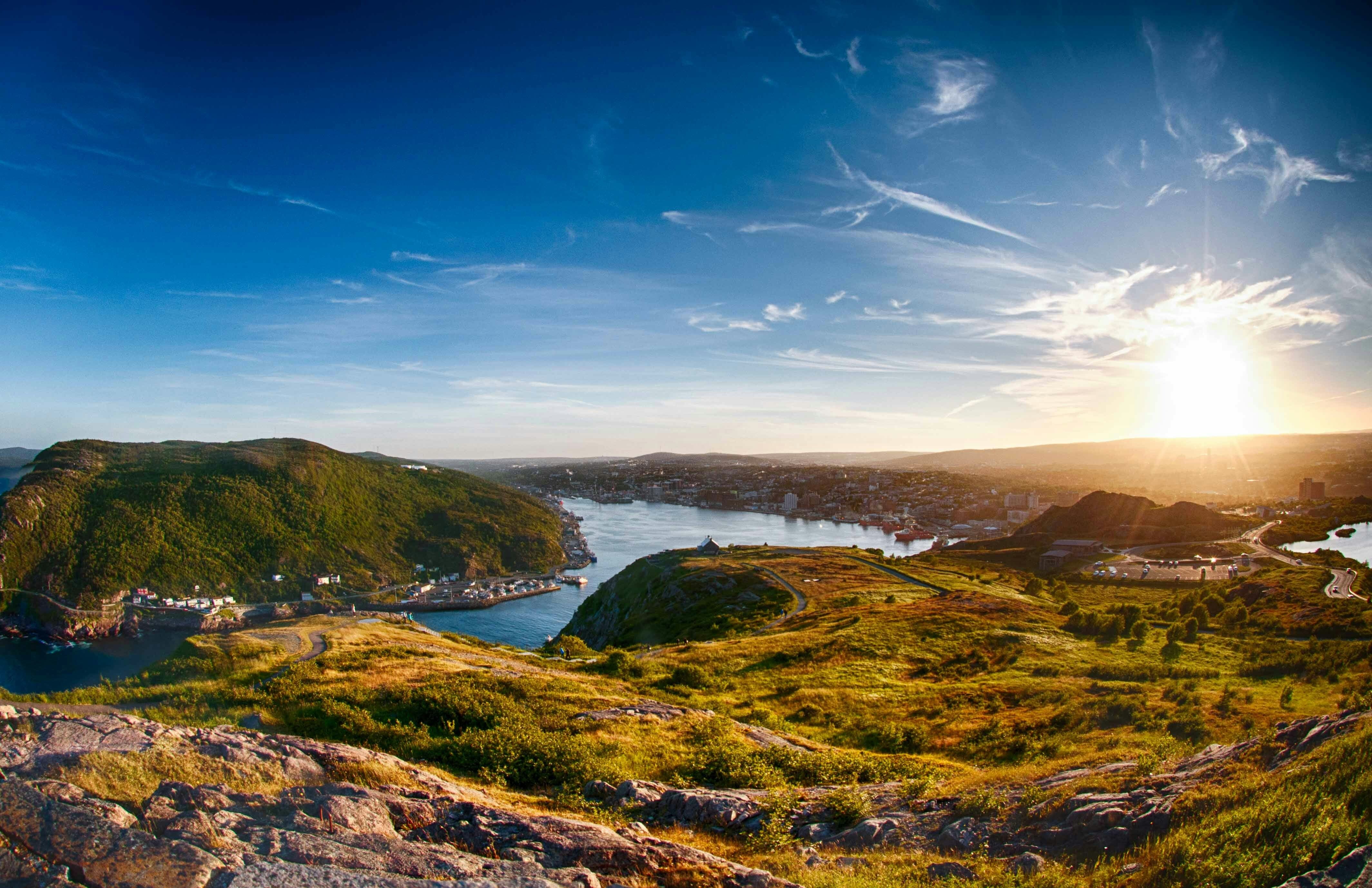 Take into account time zones when traveling to Canada, Photo by Jeff Smith from Unsplash
Take into account time zones when traveling to Canada, Photo by Jeff Smith from Unsplash
From the Atlantic provinces of Newfoundland and Labrador, which are 3.5 hours ahead of Coordinated Universal Time (UTC-3.5), to the Pacific coast of British Columbia, which is 8 hours behind Coordinated Universal Time (UTC-8), Canadians experience a wide range of time differences as they travel across the country.
6. Canada has the longest coastline of any country.
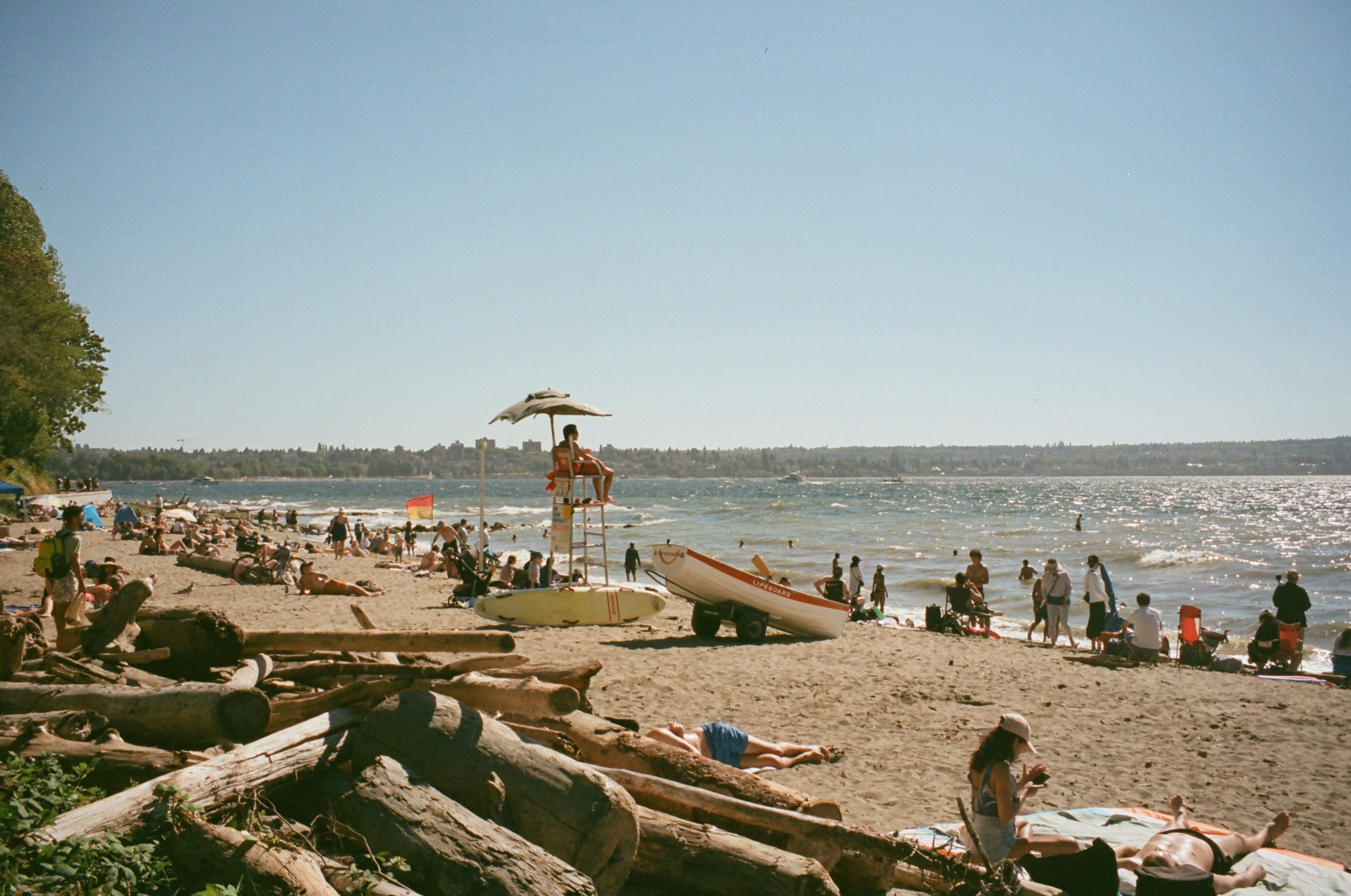 Enjoy beautiful beaches on your trip to Canada, Photo by Rachael Ren from Unsplash
Enjoy beautiful beaches on your trip to Canada, Photo by Rachael Ren from Unsplash
Canada's coastline stretches over 202,080 kilometers (125,570 miles) and is dotted with rugged cliffs, picturesque fjords, and sandy beaches, making it an ideal destination for a special escape.
7. Hockey is Canada's national winter sport.
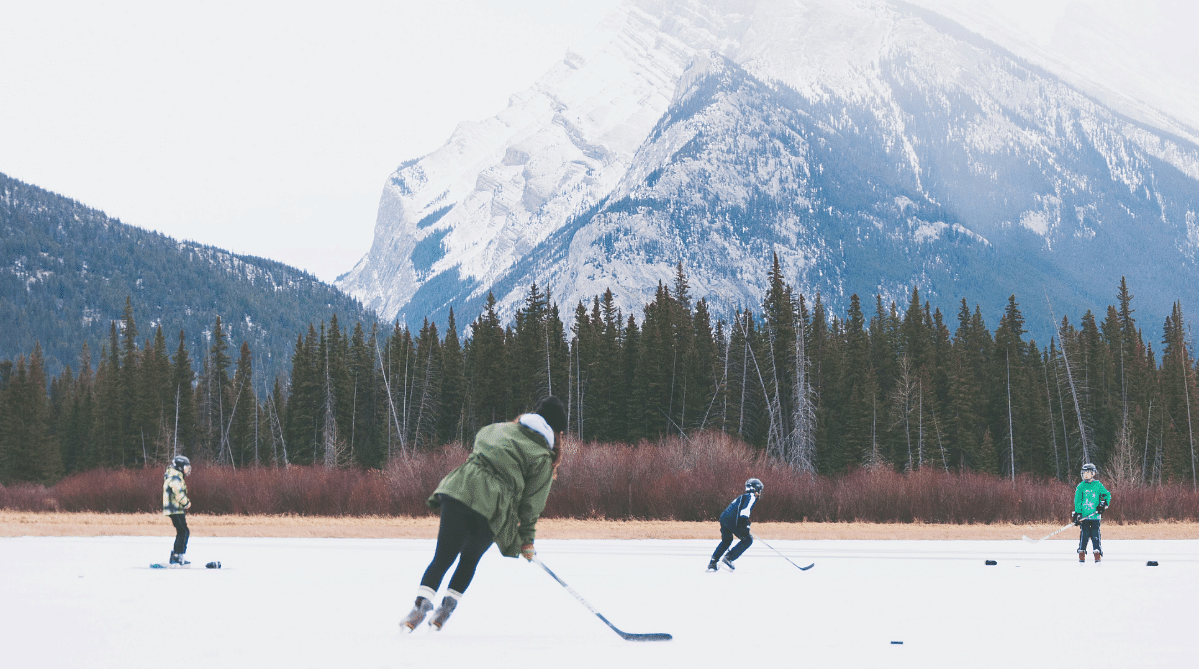 Enjoy hockey playing or hockey watching on your trip, Photo by Priscilla Du Preez from Unsplash
Enjoy hockey playing or hockey watching on your trip, Photo by Priscilla Du Preez from Unsplash
The country's passion for hockey runs deep, with millions of Canadians lacing up their skates every winter to hit the ice. It's no surprise that Canada has produced some of the world's greatest hockey players.
8. Its national summer sport is lacrosse.

Find out more about one of Canada's national sports, lacrosse, Photo by Tempura from iStock
Originating as a game played by Indigenous peoples, lacrosse has deep roots in Canada's history and heritage. Known as the "Creator's Game" to Indigenous communities, lacrosse is revered for its physicality, skill, and spiritual significance.
9. Basketball was invented by a Canadian.

Learn about the origins of basketball, Photo by varniccha kajai from iStock
James Naismith, a physical education instructor from Almonte, Ontario, created the game in 1891 as a way to keep his students active indoors during the winter months.
10. You can see the Northern Lights in Canada.
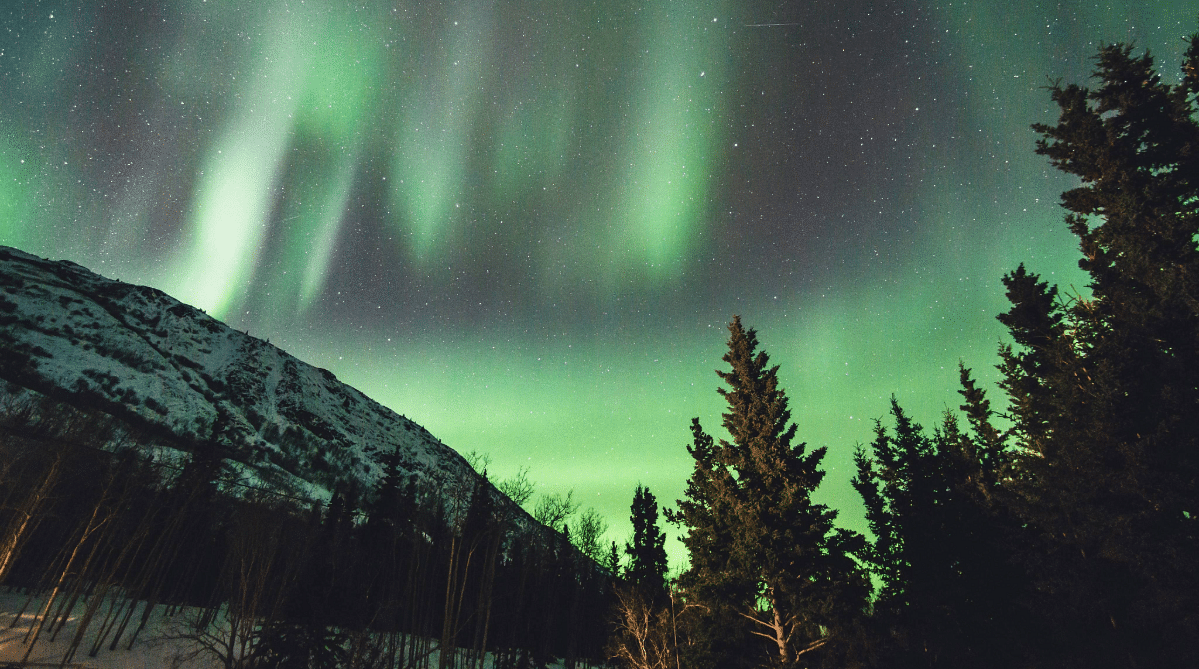 Get a chance to see the Aurora Borealis, Photo by Leonard Laub from Unsplash
Get a chance to see the Aurora Borealis, Photo by Leonard Laub from Unsplash
From the remote reaches of the Yukon and Northwest Territories to the shores of Nunavut and northern Quebec, Canada's expansive northern regions provide prime viewing of the Aurora Borealis.
11. Canada is the world's largest producer of maple syrup.
 Try authentic maple syrup in Canada, Photo by Kobby Mendez from Unsplash
Try authentic maple syrup in Canada, Photo by Kobby Mendez from Unsplash
It accounts for 70% of the global supply. Québec alone produces more than 90% of Canada's maple syrup, earning it the title of the "Maple Syrup Capital of the World."
12. Poutine is a Canadian comfort food.
 Try some tasty poutine, Photo by @withlovefromchile from Unsplash
Try some tasty poutine, Photo by @withlovefromchile from Unsplash
Poutine, a quintessentially Canadian dish, has captured the hearts (and stomachs) of food lovers around the world. This indulgent comfort food consists of french fries smothered in gravy and cheese curds.
13. The maple leaf is a symbol of Canada.
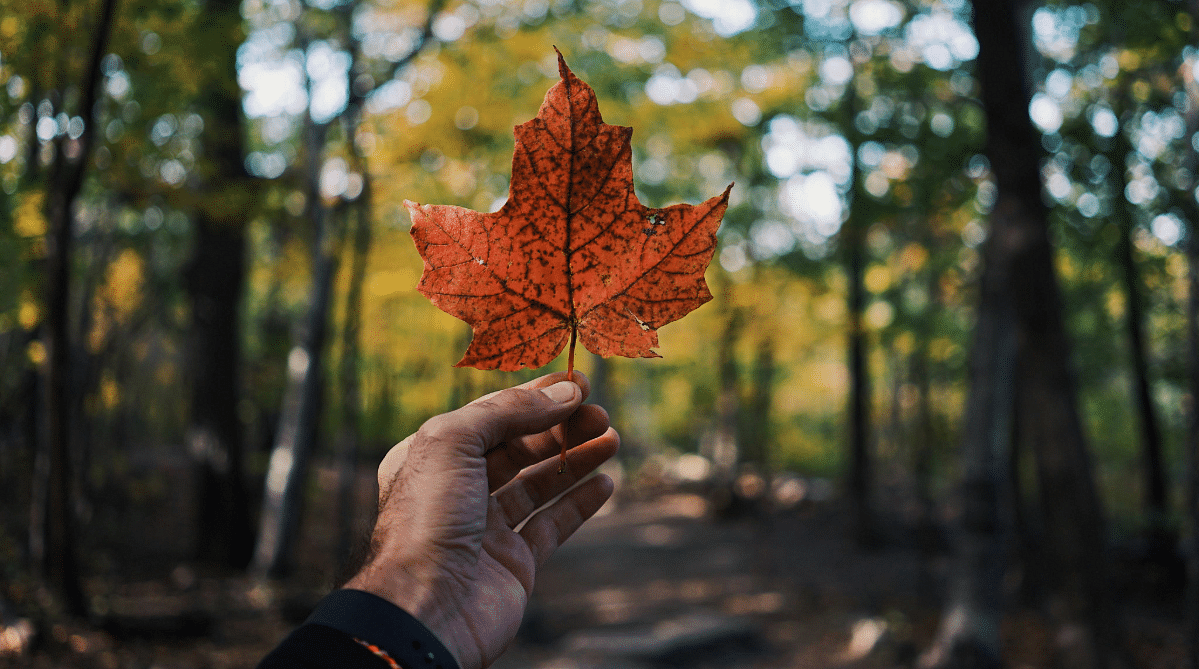 Canada is full of stunning maple trees, Photo by Guillaume Jaillet from Unsplash
Canada is full of stunning maple trees, Photo by Guillaume Jaillet from Unsplash
Its symbolism traces back to Indigenous peoples who revered the maple tree for its nourishing sap and vibrant foliage. Today, the maple leaf adorns Canada's flag, currency, and countless cultural artifacts.
14. The name "Canada" has indigenous roots.
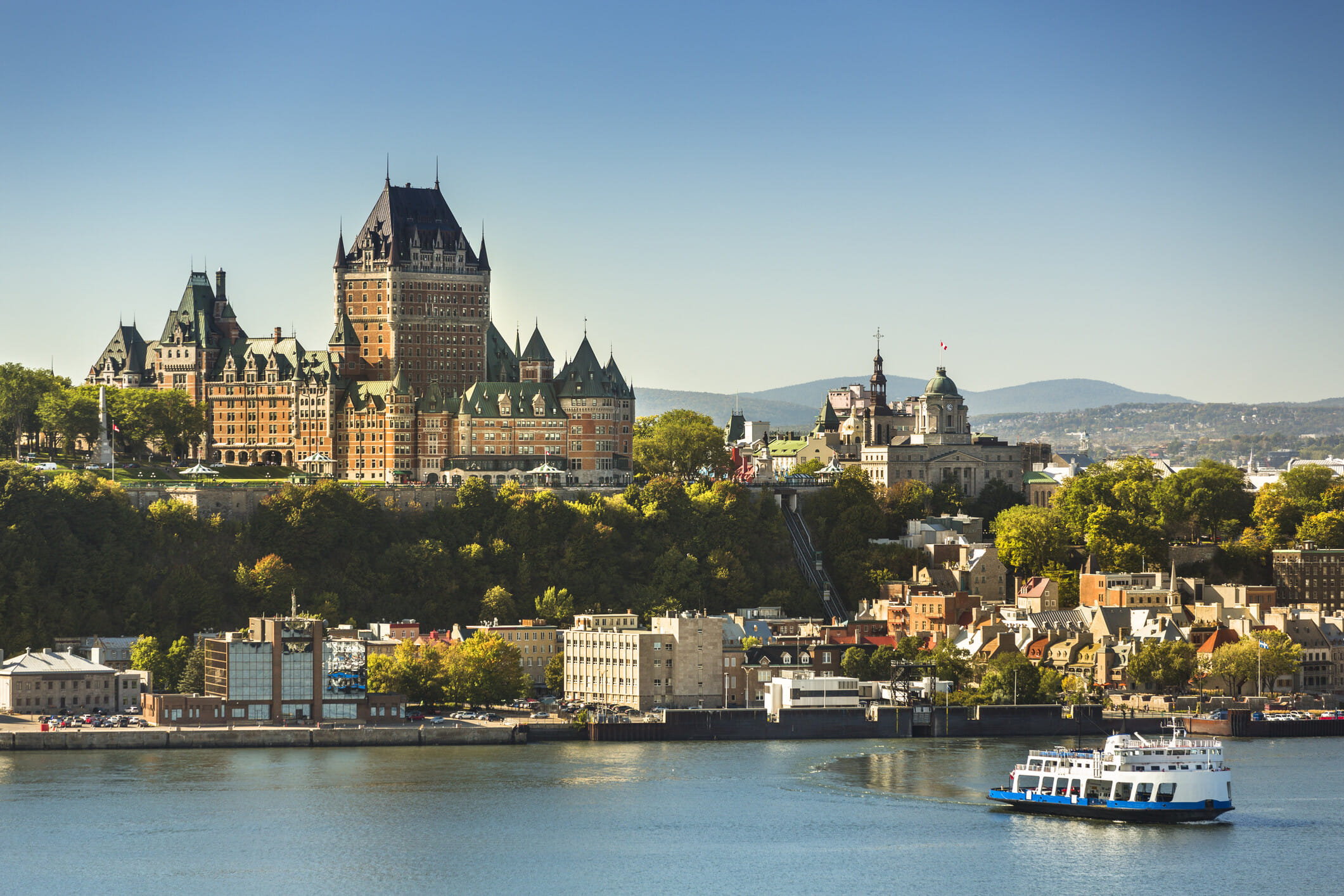 Learn more about Canada's history in Quebec, Photo by Pgiam from iStock
Learn more about Canada's history in Quebec, Photo by Pgiam from iStock
It comes from the St. Lawrence Iroquoian word kanata, meaning "village" or "settlement." French explorer Jacques Cartier heard this word from Indigenous peoples in the 16th century, and it became associated with the land that would later become Canada.
15. Canada is home to the world's most northern settlement.
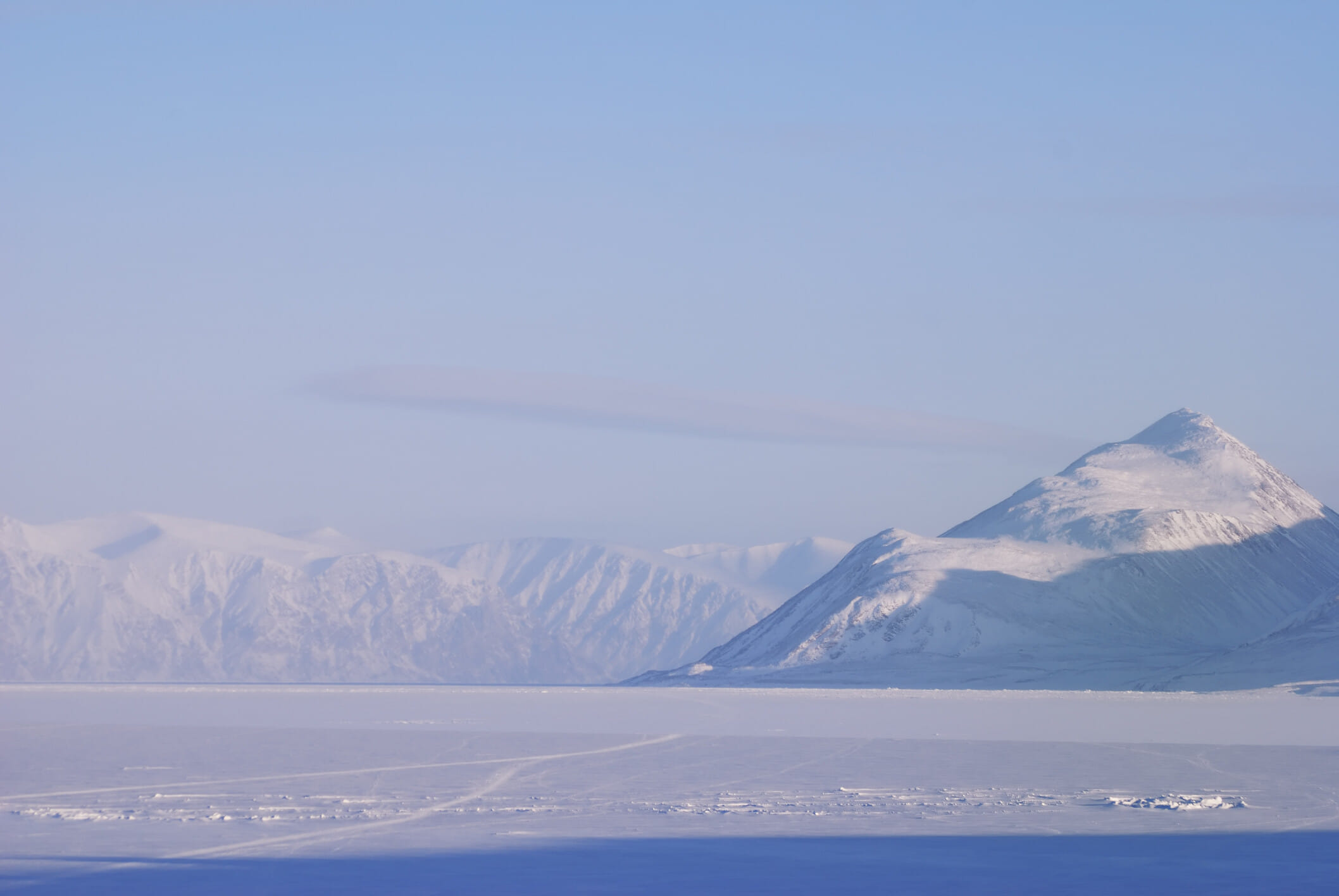 Alert is in Nunavut, in the North of Canada, Photo by RyersonClark from iStock
Alert is in Nunavut, in the North of Canada, Photo by RyersonClark from iStock
Alert is a remote military outpost and weather station that is situated at a latitude of 82.5°N. Despite its isolation and harsh environment, Alert plays a crucial role in monitoring polar weather patterns and supporting scientific research in the High Arctic.
16. Canada is home to more lakes than any other country.
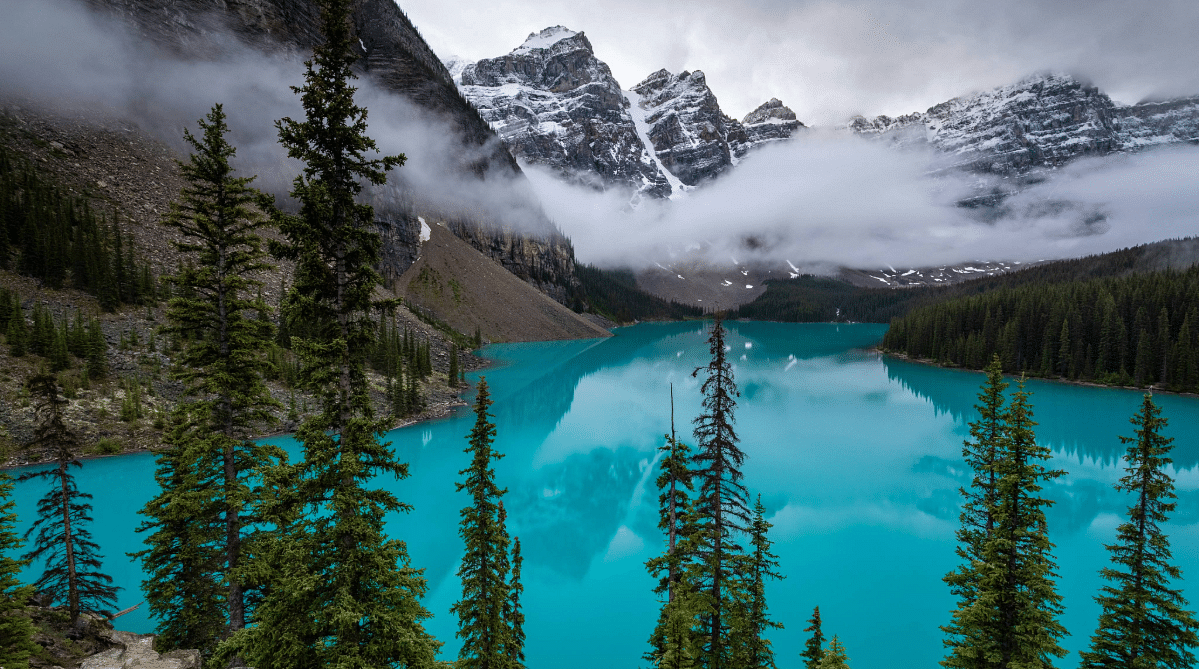 Visit Banff on your trip to Canada, Photo by Andy Holmes from Unsplash
Visit Banff on your trip to Canada, Photo by Andy Holmes from Unsplash
Canada boasts an astonishing number of lakes, with over 30,000 of them larger than three square kilometers. In fact, lakes cover around 9% of its total land area. Lake Louise and Lake Moraine are popular lakes to visit in Banff.
17. The telephone was invented in Canada.
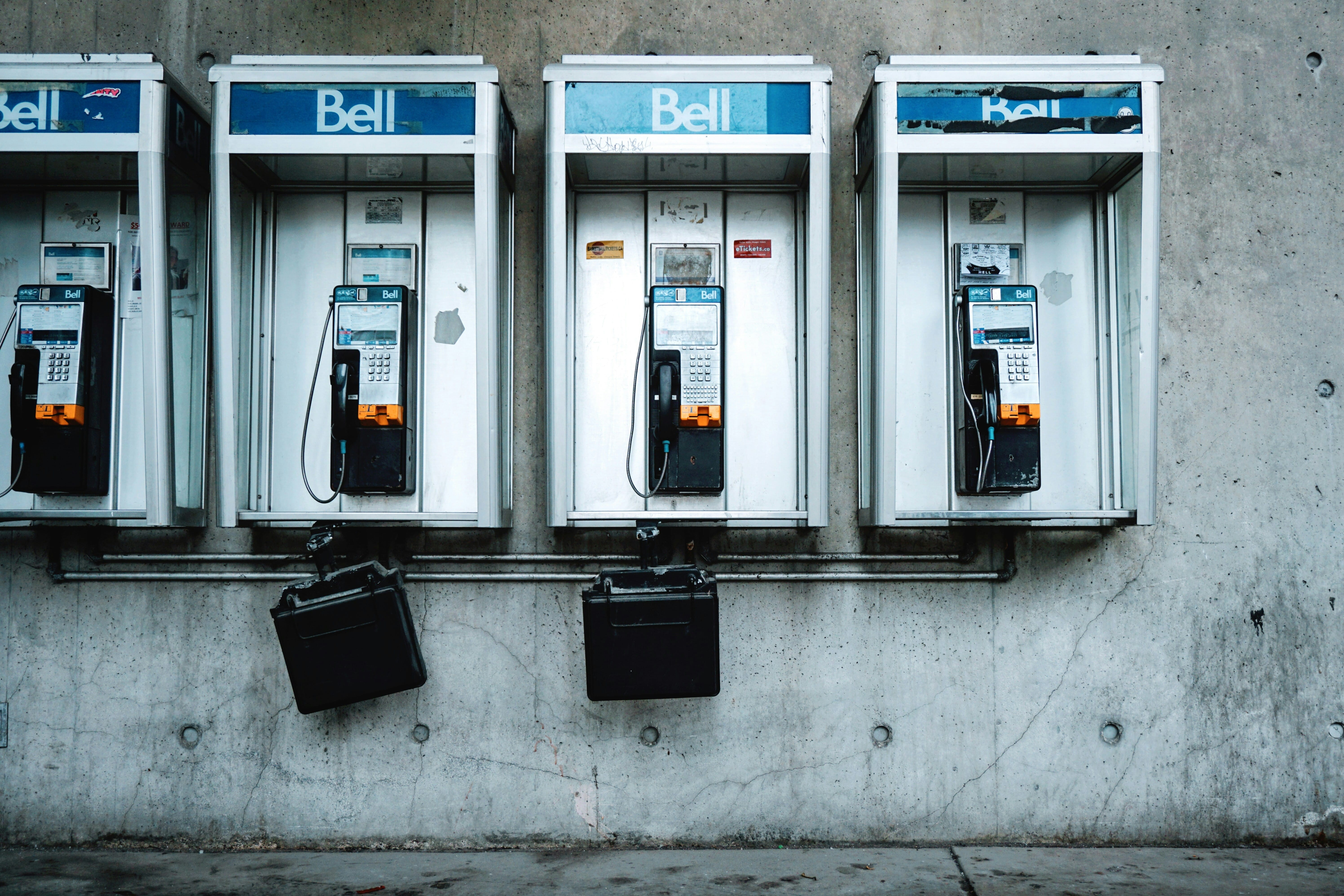 The telephone invention can be traced back to Canada, Photo by Maarten van den Heuvel from Unsplash
The telephone invention can be traced back to Canada, Photo by Maarten van den Heuvel from Unsplash
The telephone was invented by Alexander Graham Bell, a Scottish-born inventor living in Canada. Bell conducted his groundbreaking experiments in Canada, and it was in Brantford, Ontario, on March 10, 1876, that he famously spoke the first words through his invention.
18. 9 out of 10 Canadians live in the US-Canada border region.
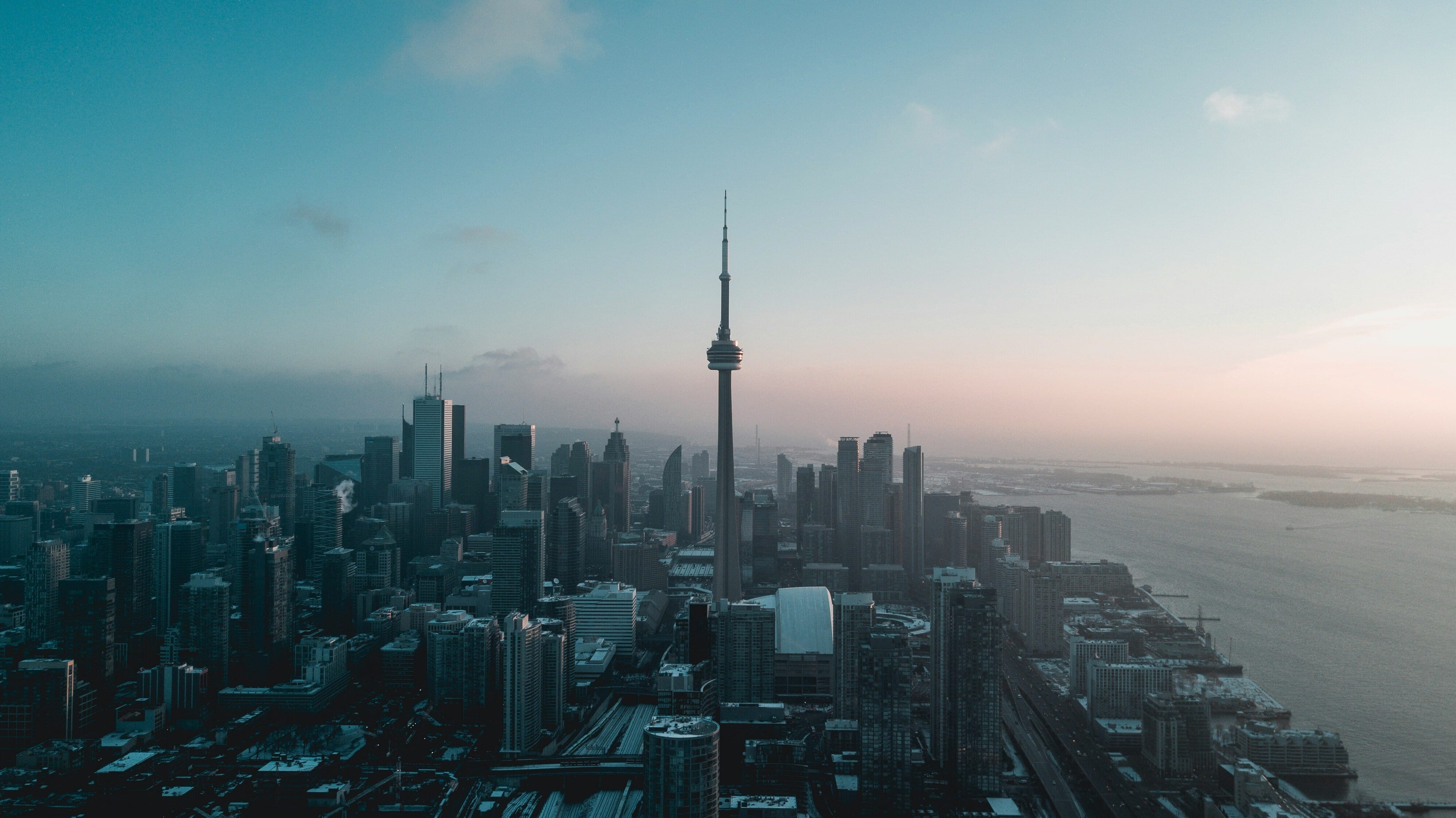 Visit one of Canada's big cities, like Toronto, Photo by Patrick Tomasso from Unsplash
Visit one of Canada's big cities, like Toronto, Photo by Patrick Tomasso from Unsplash
Approximately 90% of Canadians live within 160 kilometers (100 miles) of the Canada-United States border. This densely populated border region stretches from the Atlantic provinces to the Pacific coast, encompassing major cities such as Toronto, Montreal, Vancouver, and Ottawa.
19. The beaver is Canada's national animal.
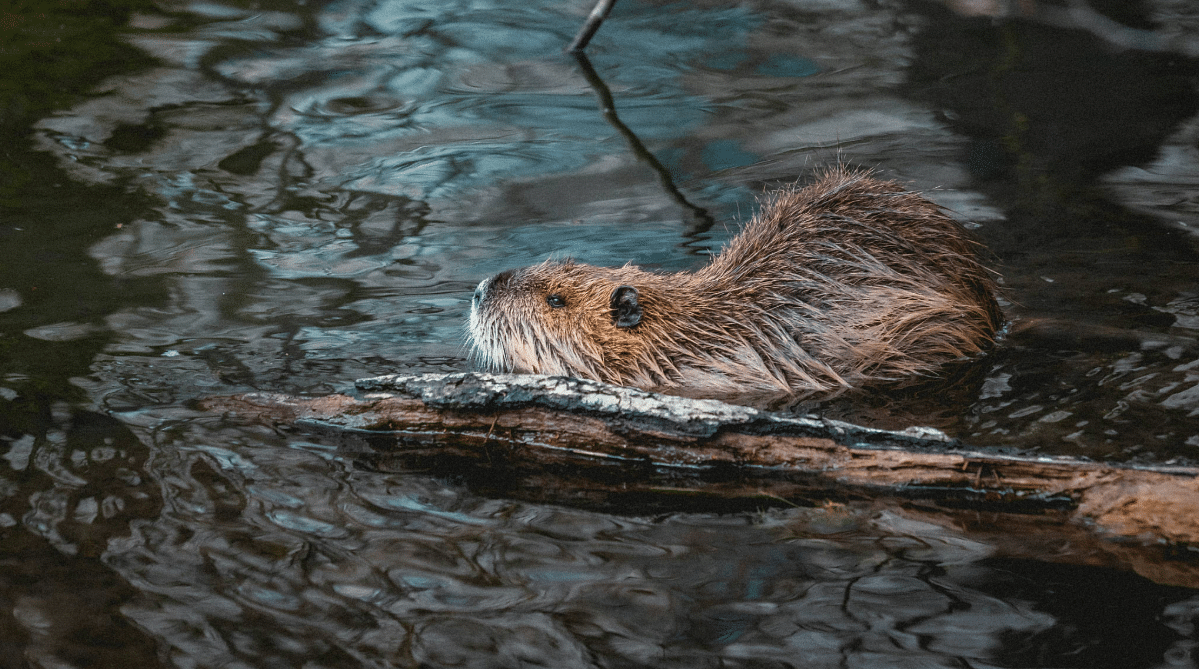 Discover Canada's national animal, Photo by Niklas Hamann from Unsplash
Discover Canada's national animal, Photo by Niklas Hamann from Unsplash
The industrious beaver holds the prestigious title of Canada's national animal. Known for its engineering prowess in building dams and lodges, the beaver symbolizes resilience, hard work, and perseverance.
20. The coldest ever recorded temperature in Canada is -63°C.
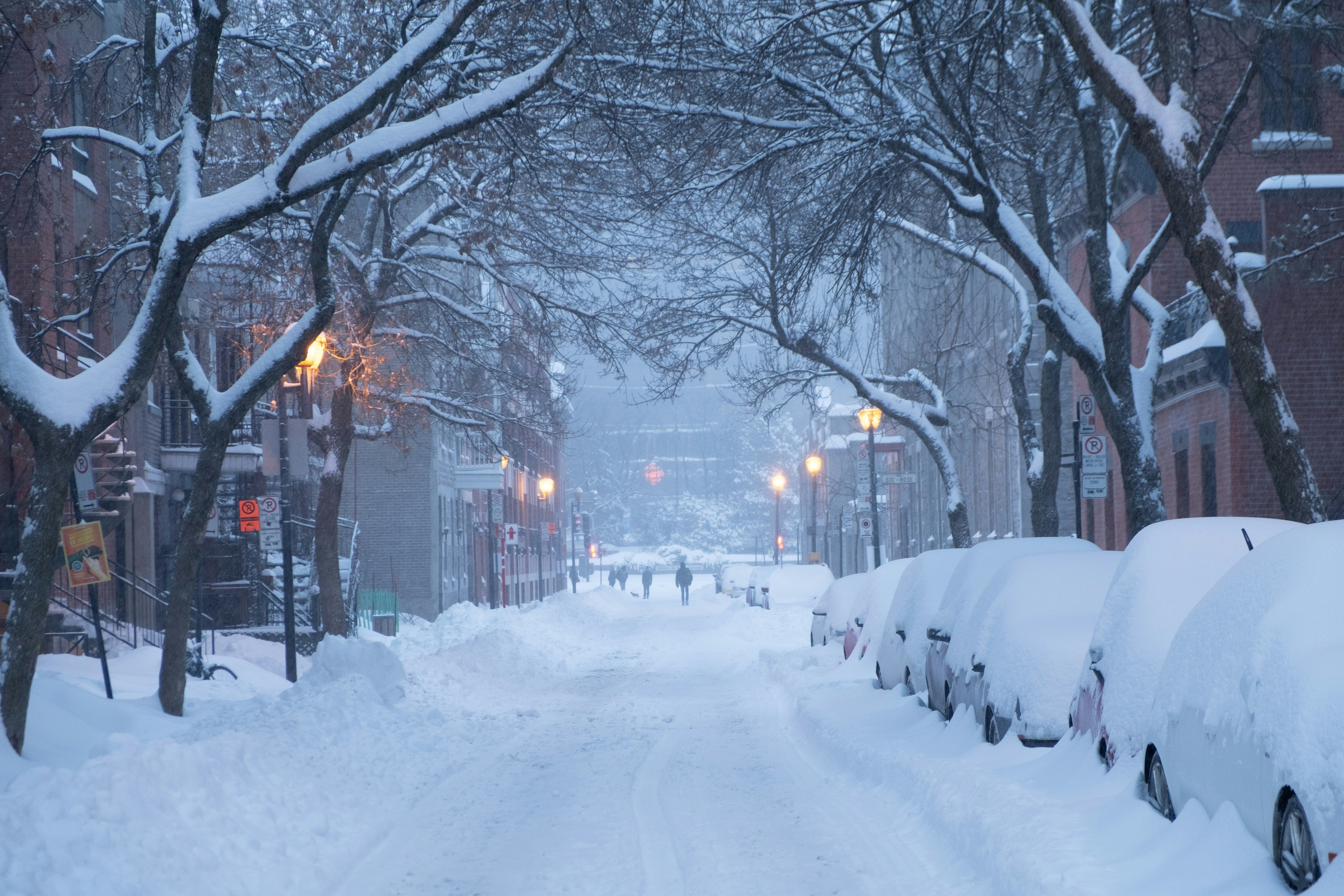 Canadian winters can be very cold and snowy, Photo by Shawn Dearn from Unsplash
Canadian winters can be very cold and snowy, Photo by Shawn Dearn from Unsplash
Canada is known for its cold winters, but did you know that it's also home to some of the world's coldest inhabited places? The village of Snag in Yukon holds the record for the lowest temperature ever recorded in Canada, plummeting to a bone-chilling -63°C (-81.4°F) in 1947.
Ready to take a trip to Canada? Prepare your itinerary with a bit of help from our Canada Travel Guide and stay connected with a Canada eSIM from Airalo.
FAQ
What language do they speak in Canada?
Canada has two official languages: English and French.
What is Canada's national sport?
Canada has two official national sports: ice hockey is the winter one, and lacrosse is the summer one.
How many lakes are there in Canada?
Canada has over 2 million lakes, with over 30,000 lakes larger than three square kilometers. These lakes cover around 9% of its total land area.
What is poutine made of?
Poutine is made of three main ingredients: French fries, cheese curds, and gravy. Other toppings can also be added.



